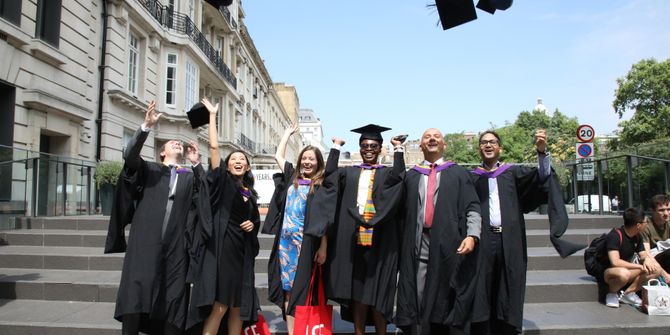Sometimes, textbooks and theories aren’t enough. Dylan Itzikowitz, studying for an MSc in Social Innovation and Entrepreneurship, talks about his cohort’s field trip to Bangladesh. Working with an NGO striving to improve education, Dylan reveals the enormous challenges to widening education – and the incredible resilience and creativity they witnessed.
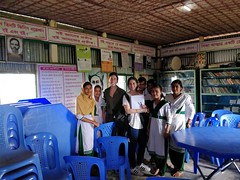
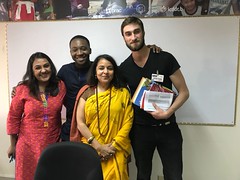
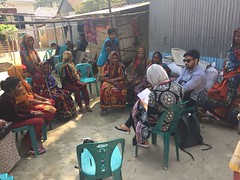
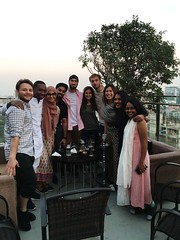
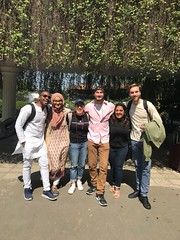
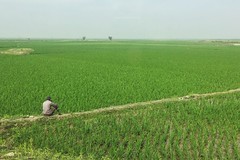
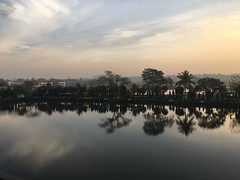

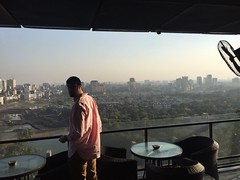
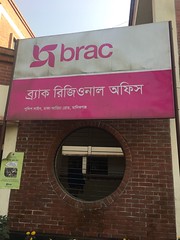
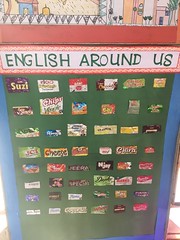
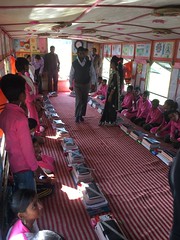
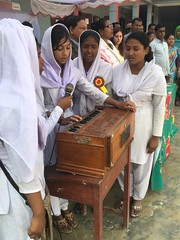
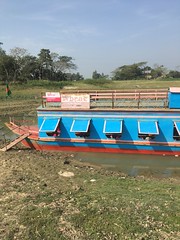
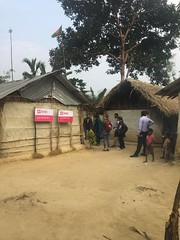
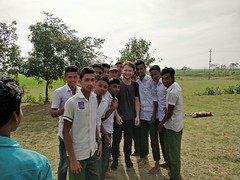
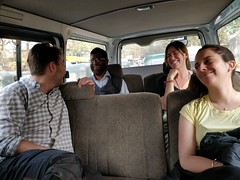
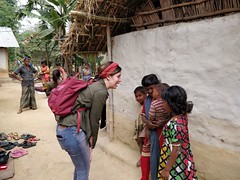
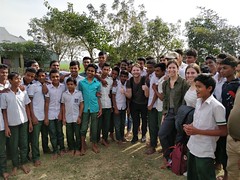
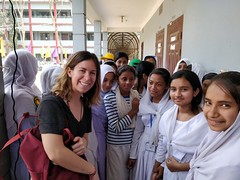
Last week, I was among the students privileged to consult on a project with the world renowned Bangladeshi NGO BRAC, recognised as the world’s best NGO for the past two years. I joined a team aiming to replicate the success they had revolutionising primary schools in Bangladesh, through the creation of sustainable, affordable, and quality secondary schools.
For one of the core courses in the MSc in Social Innovation & Entrepreneurship programme, our cohort was divided into teams and assigned to consult with an NGO in either Bangladesh or South Africa, to contribute to solving a specific social programme. Half the teams visited their NGOs during reading week in Michaelmas Term to develop a first-hand understanding of the social problem. The other half went to visit their NGO’s during reading week of Lent Term, to begin assessing the feasibility of implementing our researched solutions.
After BRAC warmly welcomed us all, two teams remained near the capital, Dhaka, but our team departed to the more rural Sylhet region. Prior to visiting the Sylhet, our work had been centred on designing sustainable financial models for BRAC’s 200 new secondary schools. But upon visiting the existing schools, we saw that just building them isn’t nearly enough.
In Sylhet we toured BRAC, government, and other private secondary schools in the region. At each school, we spoke with students, teachers, and parents about their expectations for secondary school and how they were being met.
Both parents and students were filled with idealistic optimism. Children who had never been in a car, let alone a plane, drew detailed pictures of planes to show they aspired to be pilots. Parents, sacrificing a significant portion of their family’s income to send their kids to school, hope they’ll grow to be doctors and engineers. But in all likelihood, this generation is mostly destined for the same agricultural and manual labour jobs as their predecessors.
Within all the schools, the teachers employed to teach technology were limited due to the lack of electricity. But at the BRAC schools, the teachers showed an incredible resolve, creativity, and commitment. For example, to supplement their own lack of English proficiency and resources, they made makeshift english dictionaries out of old junk food wrappers. As Sylhet is a rural agricultural region that is flooded twice a year, BRAC built primary schools on boats, each built to teach a single generation of kids.
BRAC also managed to bring an ounce of joy to the devastatingly exploitative tea plantations. The labourers on these plantations earn less than a dollar a day and are only offered employment half the year during harvest season. With the owners and government seemingly not caring, BRAC has begun to build primary schools on the plantations for the workers’ children. But even with access to these free schools, parents were torn as to whether to send their children to them. For many, the opportunity cost of not having their children in the fields earning money with them is too high.
Though most of these children will likely end up working for similar rates at their parents, they will nonetheless have been equipped with something powerful their parents didn’t have: hope and dreams.
Simply throwing money at these communities is obviously not the solution, but that doesn’t mean it isn’t desperately needed. It pained us to realise how many students could have been educated for the price of our flight tickets alone. Or how many books and computers could have been purchased. Though these phenomena could be studied from the confines of a classroom, truly feeling and understanding these realities was only possible by witnessing it directly.
It’s easy to develop theoretical models, curriculum updates, and regulations from the comfort of your office or university library. But understanding how and why things are how they are is only possible through first-hand learning – a lesson future academic programmes should borrow from LSE’s unique, inaugural MSc in Social Innovation & Entrepreneurship.
Learn more about our MSc Social Innovation and Entrepreneurship programme





